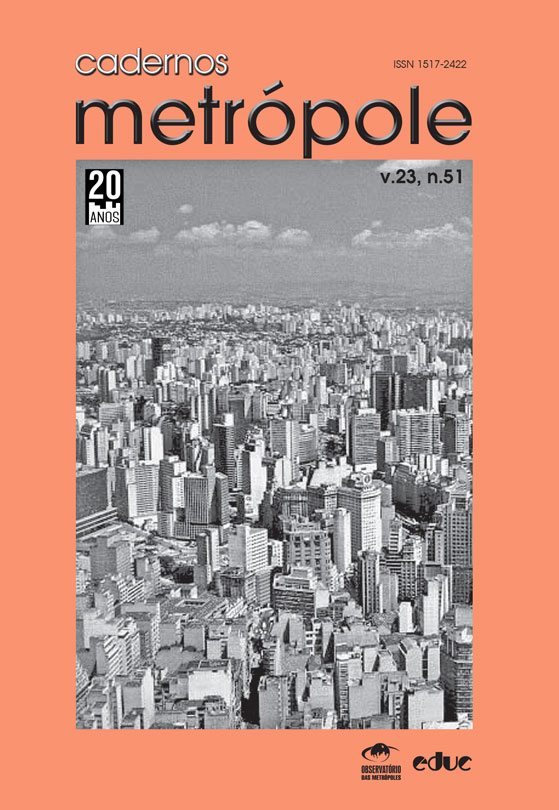Operações Urbanas Consorciadas em Balneário Camboriú: o desvirtuamento do solo criado
DOI:
https://doi.org/10.1590/2236-9996.2021-5115Palavras-chave:
solo criado, operações urbanas consorciadas, planos diretores, estatuto da cidade, Balneário Camboriú/SCResumo
Operações urbanas consorciadas (OUC) foram popularizadas nos planos diretores pós-Estatuto da Cidade, principalmente pela promessa de convergir interesses públicos e privados na implantação de grandes projetos urbanos. O instrumento baseia-se no princípio do solo criado, compartilhando custos e benefícios do desenvolvimento urbano e regularizando a oferta de incentivos ao mercado imobiliário por meio de contrapartidas. Entretanto, seus resultados são polêmicos e ainda pouco explorados em municípios de menor porte. O caso de Balneário Camboriú, objeto desta pesquisa, demonstra o desvirtuamento do solo criado ao permitir a utilização do potencial construtivo gerado pela OUC fora de seu perímetro. Consolidando frentes de expansão imobiliária, o instrumento vem colaborando com a verticalização local e pouco gerou de contribuições para a cidade como um todo.Downloads
Publicado
Como Citar
Edição
Seção
Licença
Copyright (c) 2021 Marina Toneli Siqueira, Carolina Silva e Lima Schleder

Este trabalho está licenciado sob uma licença Creative Commons Attribution-NonCommercial-NoDerivatives 4.0 International License.
A revista não tem condições de pagar direitos autorais nem de distribuir separatas.
O Instrumento Particular de Autorização e Cessão de Direitos Autorais, datado e assinado pelo(s) autor(es), deve ser transferido no passo 4 da submissão (Transferência de Documentos Suplementares). Em caso de dúvida consulte o Manual de Submissão pelo Autor.
O conteúdo do texto é de responsabilidade do(s) autor(es).


